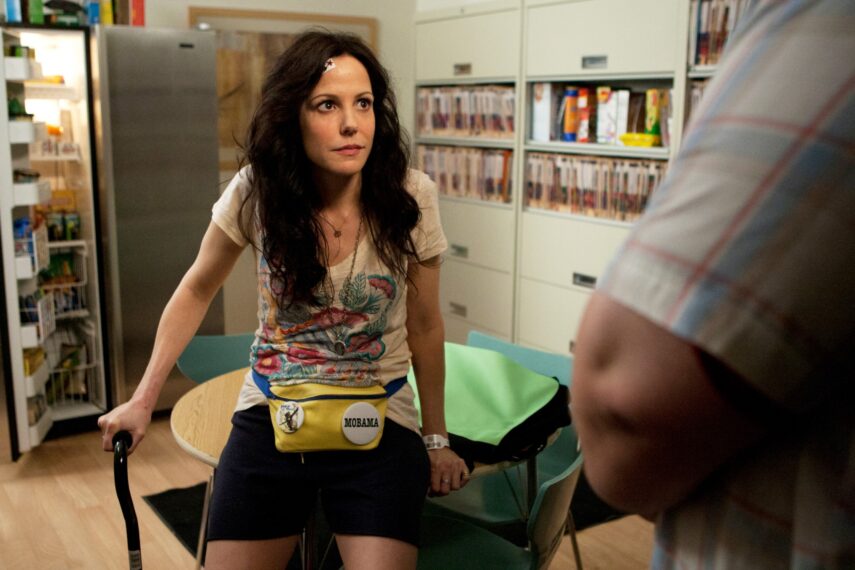Listen to Story If you have a girl gang, you've likely enjoyed countless get-togethers where getting ready together was half the fun. Now, take a trip down memory lane and recall the best part about those sessions. Gossip, yes, but also getting to try each other's makeup and skincare products.
Wasn't there always a friend whose shade of lipstick you liked more than yours or another who always had the most amazing eyeshadow palette? And was it even sisterhood if you didn't share lip balm? However, it's time for a reality check, sharing makeup and skincare products is one of the worst things you can do for your skin. This seemingly innocent habit can lead to unexpected skin issues and infections. Skincare is the foundation of healthy and radiant skin.

"It helps maintain the skin's natural barrier, prevents various issues, and promotes a youthful appearance," Dr Debjani Chakraborty, senior aesthetic physician and head of aesthetics, The Wellness Co, Delhi-NCR, tells India Today . A consistent skincare routine tailored to individual skin types and concerns can significantly improve skin texture, tone, and overall health. Makeup, on the other hand, is an essential tool for enhancing your features, expressing creativity, and boosting confidence.
It allows individuals to conceal imperfections, highlight their best features, and experiment with different looks. Adding to this, Dr Rinky Kapoor, a Delhi-based dermatologist from The Esthetic Clinics, shares that good skincare makes your skin look like a clean canvas with softer and glowing skin. This also ensures that your makeup glides smoothly and sustains all day long.
According to Dr DM Mahajan, senior consultant, dermatology, Indraprastha Apollo Hospitals, Delhi, sharing makeup and skincare products can lead to various negative consequences, primarily related to hygiene and health concerns. "The most significant risk is the transfer of bacteria, viruses, and other microorganisms between individuals, which can cause infections or exacerbate existing skin conditions," says the doctor. Additionally, sharing skincare products can introduce foreign bacteria to the skin microbiome, potentially disrupting its balance.
There's also a risk of cross-contamination between products, which can alter their efficacy and safety. Further, Dr Chakraborty adds that sharing products can also exacerbate acne by transferring oils, dead skin cells, and bacteria. This can clog pores and lead to breakouts.
Products like brushes and sponges, if not properly sanitised, can harbour bacteria that contribute to acne development. Cross-contamination of products can introduce allergens that may not affect one person but can cause allergic reactions in another. These reactions can range from mild redness and itching to severe swelling and hives.
Not just this, but for individuals with existing skin conditions, sharing products can introduce new pathogens that delay the healing process. For example, someone with eczema may experience flare-ups if exposed to bacteria or allergens through shared products. When makeup and skincare products are shared, the risk of contamination increases significantly.
Contaminated products can alter the skin's natural microbiome, weakening the skin barrier. A compromised skin barrier is less effective at retaining moisture and protecting against environmental stressors. "Sharing makeup and skincare products might seem harmless but it can significantly hamper your skin health," mentions Dr Kapoor.
It is important to remember that the products you use are hand-picked according to your skin type, so they may work wonders on your skin but might cause breakouts and inflammation for others. And it's the same way around when you borrow products. Compromising your skin barrier can increase your sensitivity and make your skin look dull.
Sharing skincare and makeup is fun, but it can compromise your skin barrier (Photo: Getty Images) Products that can be shared: Products that should never be shared: You should also refrain from sharing beauty products that come in a jar. You may often use your fingers to use them, increasing the risk of contamination. However, it is okay to share products that come with pump dispensers or squeeze tubes to minimise direct contact.
.



















